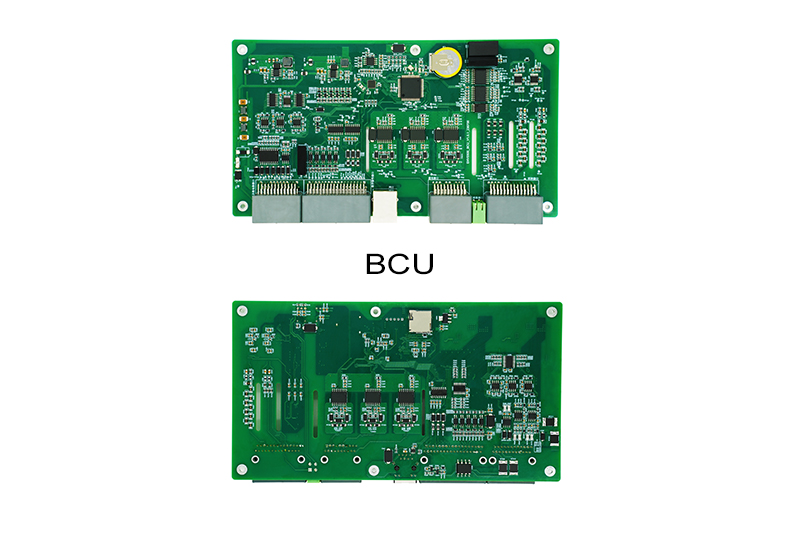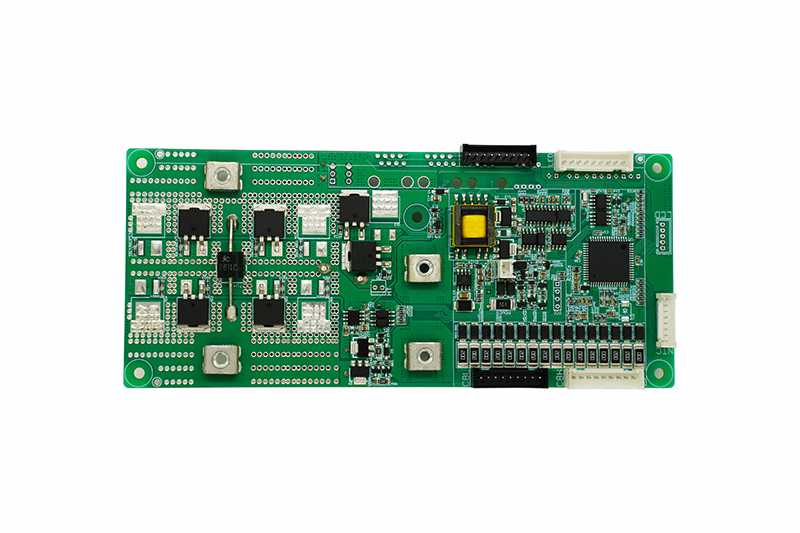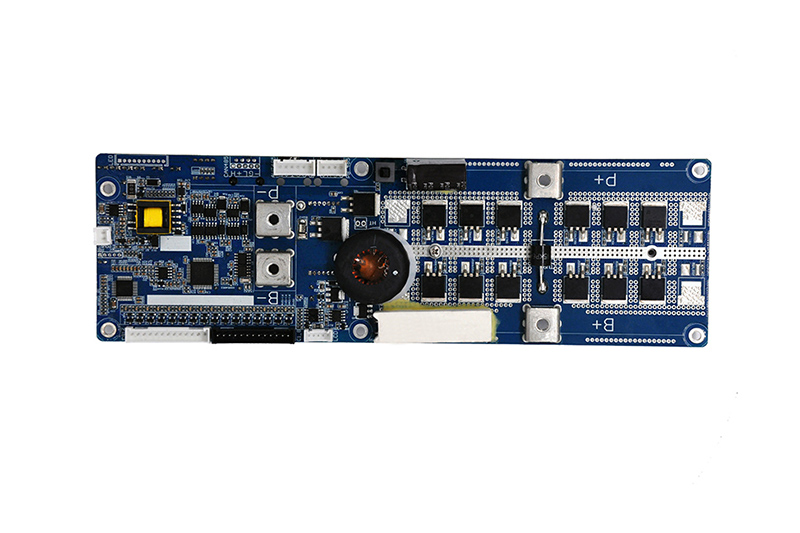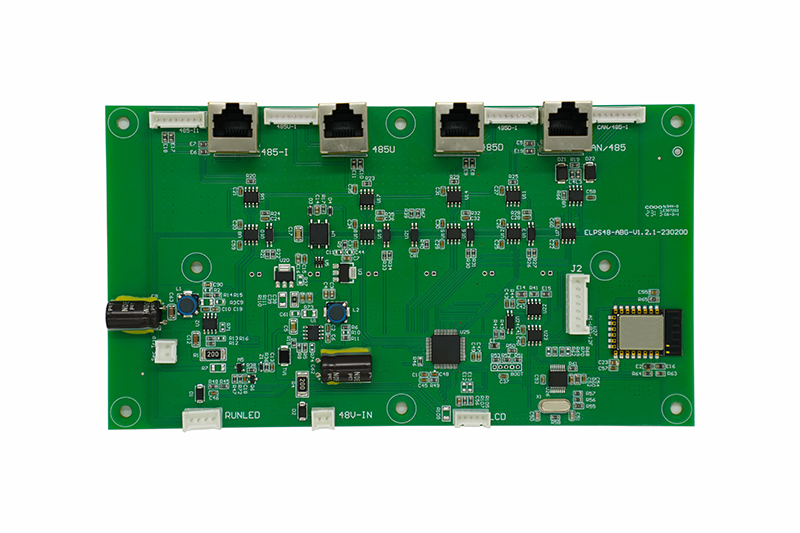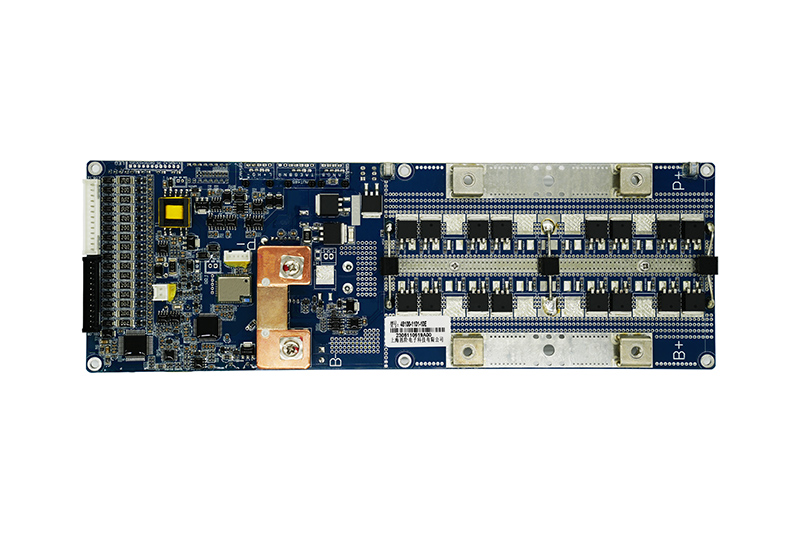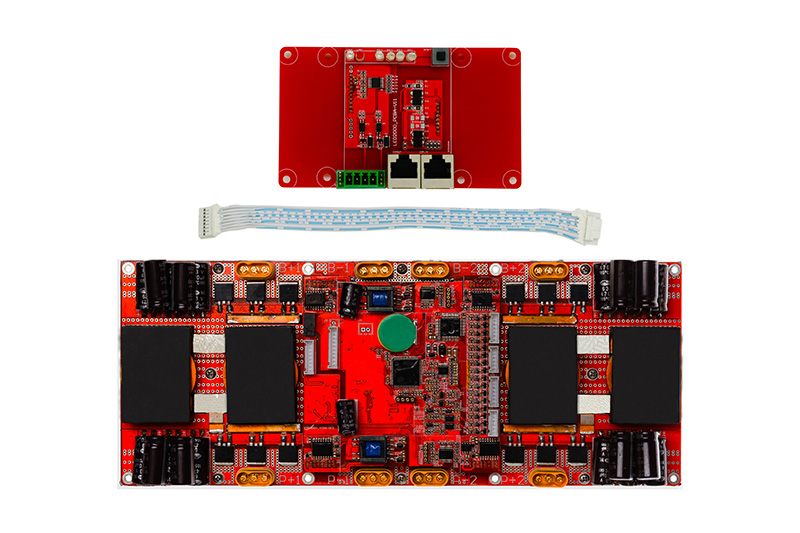EHVS500-High-voltage Storage Lithium LFP Battery
Product Introduction
System structure
● Distributed two-level architecture.
● Single battery cluster: BMU+BCU+auxiliary accessories.
● Single cluster system DC voltage supports up to 1800V.
● Single cluster system DC current supports up to 400A.
● A single cluster supports up to 576 cells connected in series.
● Supports multi-cluster parallel connection.
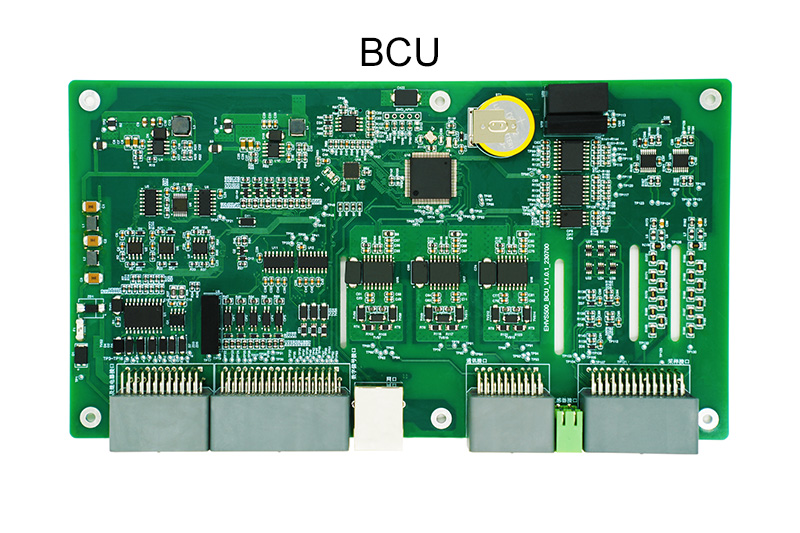
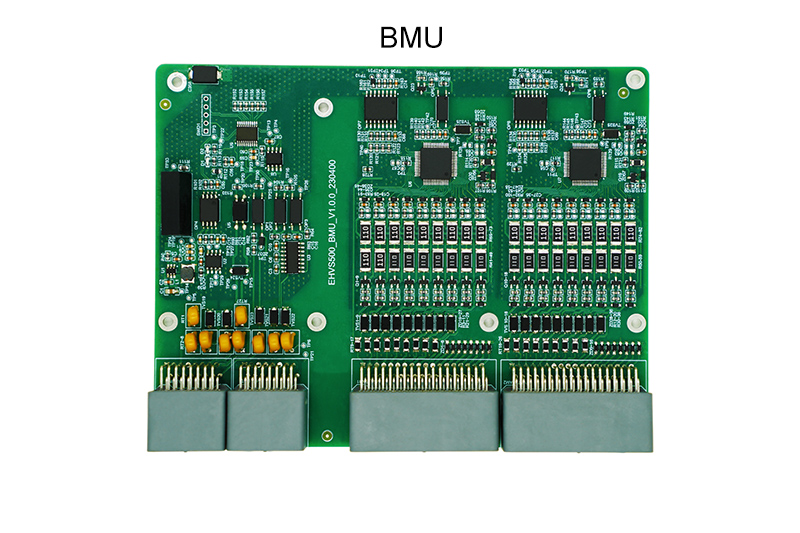
What is the Use?
Energy storage high-voltage battery system is an advanced technology widely used in the field of energy storage. It consists of high-capacity batteries that store electrical energy and release it when needed. Energy storage high-voltage battery systems have many advantages, including high energy storage efficiency, long life, fast response, and environmental protection.
Charging activation function: The system has the function of starting through external voltage.
High energy storage efficiency: The energy storage high-voltage battery system uses efficient battery technology. These batteries can effectively store large amounts of electrical energy and release it quickly when needed. Compared with traditional energy storage equipment, energy storage high-voltage battery systems have higher energy storage efficiency and can utilize electric energy more effectively.
Long life: The energy storage high-voltage battery system uses high-quality battery materials and advanced energy storage technology, giving it excellent battery life. This means that the energy storage high-voltage battery system can store and release electrical energy stably for a long time, reducing the frequency of maintenance and battery replacement, and reducing overall operating costs.
Quick response: The energy storage high-voltage battery system has the characteristics of quick response and can provide stable power output within a few milliseconds in the event of increased power demand or sudden power outage. This gives it a great advantage in dealing with grid fluctuations or emergency power demands.
Environmentally friendly: The energy storage high-voltage battery system uses renewable energy as its power source, such as solar or wind energy. Such systems can efficiently store and release electricity, reducing reliance on traditional energy sources and reducing environmental impact. At the same time, the energy storage high-voltage battery system can also assist in power system dispatching and balance energy supply and demand, improving the sustainability of the power system.
Multifunctional applications: Energy storage high-voltage battery systems can be widely used in many fields, such as power system energy storage, electric vehicles, solar power stations, etc. They can provide reliable power reserves to meet various needs and provide technical support for the use of renewable energy and the development of smart grids. To sum up, the energy storage high-voltage battery system is an efficient, reliable and environmentally friendly energy storage solution. It has the characteristics of high energy storage efficiency, long life, fast response and multi-functional applications, and is widely used in different fields. With the development of renewable energy and power networks, energy storage high-voltage battery systems will play an increasingly important role in future energy supply and storage.
Safety protection function: The energy storage high-voltage battery system protection board adopts advanced battery management technology and can monitor and control the working status of the battery in real time. It has functions such as over voltage protection, under voltage protection, over current protection and short circuit protection. When the battery operation exceeds the safe range, the battery connection can be quickly cut off to avoid damage to the battery and system.
Temperature monitoring and control: The energy storage high-voltage battery system protection board is equipped with a temperature sensor that can monitor the temperature changes of the battery pack in real time. When the temperature exceeds the set range, the protection board can take timely measures, such as reducing current output or cutting off the battery connection, to protect the battery from overheating damage.
Reliability and compatibility: The energy storage high-voltage battery system protection board adopts high-quality components and reliable design, and has good anti-interference ability and stability. At the same time, the protective board also has good compatibility and can be used with various types and specifications of battery systems. In summary, the energy storage high-voltage battery system protection board is a key component used to ensure the safe and reliable operation of the energy storage high-voltage battery system. It has multiple functions such as safety protection, temperature monitoring and control, equalization function, data monitoring and communication, etc., which can improve the performance, life and reliability of the battery system. In the energy storage high-voltage battery system, the protection board plays a vital role, ensuring the safety and stable operation of the entire system.
Advantages
BMU (Battery Management Unit):
A battery management unit used for energy storage equipment. Its purpose is to monitor, control and protect the working status and performance of the battery pack in real time. The battery sampling function performs regular or real-time sampling and monitoring of batteries to obtain battery status and performance data. These data are uploaded to the BCU to analyze and calculate the health status, remaining capacity, charge and discharge efficiency and other parameters of the battery, so as to effectively manage and maintain the use of the battery. It is one of the key components in energy storage projects. It can effectively manage the battery charging and discharging process and improve the efficiency and safety of the energy storage system.
The functions of BMU include the following aspects:
1. Battery parameter monitoring: BMU can provide accurate battery status information to help users understand the performance and working status of the battery pack.
2. Voltage sampling: By collecting battery voltage data, you can understand the real-time working status of the battery. In addition, through voltage data, indicators such as battery power, energy, and charge can also be calculated.
3. Temperature sampling: The temperature of the battery is one of the important indicators of its working status and performance. By regularly sampling the temperature of the battery, the temperature change trend of the battery can be monitored and possible overheating or under cooling can be discovered in a timely manner.
4. State of charge sampling: State of charge refers to the available energy remaining in the battery, usually expressed as a percentage. By sampling the battery's state of charge, the battery's power status can be known in real time and measures can be taken in advance to avoid battery energy exhaustion.
By monitoring and analyzing the status and performance data of the battery in a timely manner, the health of the battery can be better understood, the service life of the battery can be extended, and the performance and reliability of the battery can be improved. In the field of battery management and energy management, battery sampling function plays an important role. In addition, BMU also has one-key power on and off functions and charging activation functions. Users can quickly start and shut down the device through the power on and off button on the device. This feature should include automated processing of device self-test, loading operating system and other steps to reduce user waiting time. Users can also activate the battery system through external devices.
BCU (Battery Control Unit):
A key device in energy storage projects. Its main function is to manage and control the battery clusters in the energy storage system. It is not only responsible for monitoring, regulating and protecting the battery cluster, but also communicates and interacts with other systems.
The main functions of BCU include:
1. Battery management: BCU is responsible for monitoring the voltage, current, temperature and other parameters of the battery pack, and performing charge and discharge control according to the set algorithm to ensure that the battery pack operates within the optimal working range.
2. Power adjustment: BCU can adjust the charging and discharging power of the battery pack according to the needs of the energy storage system to achieve balanced control of the power of the energy storage system.
3. Charge and discharge control: BCU can achieve precise control of the battery pack's charge and discharge process by controlling the current, voltage and other parameters of the charge and discharge process according to the user's needs. At the same time, the BCU can monitor abnormal conditions in the battery pack, such as over current, over voltage, under voltage, over temperature and other faults. Once an abnormality is detected, the BCU will issue an alarm in time to prevent the fault from expanding and take corresponding measures to ensure the safe operation of the battery pack.
4. Communication and data interaction: BCU can communicate with other control systems, share data and status information, and achieve overall management and control of the energy storage system. For example, communicate with energy storage controllers, energy management systems and other devices. By communicating with other devices, BCU can achieve overall control and optimization of the energy storage system.
5. Protection function: BCU can monitor the status of the battery pack, such as over voltage, under voltage, over temperature, short circuit and other abnormal conditions, and take corresponding measures, such as cutting off current, alarm, safety isolation, etc., to protect the safe operation of the battery pack .
6. Data storage and analysis: BCU can store the collected battery data and provide data analysis functions. Through the analysis of battery data, the charge and discharge characteristics, performance degradation, etc. of the battery pack can be understood, thereby providing a reference for subsequent maintenance and optimization.
BCU products usually consist of hardware and software:
The hardware part includes electrical circuits, communication interfaces, sensors and other components, which are used to implement data collection and current regulation control of the battery pack.
The software part includes embedded software for monitoring, algorithm control and communication functions of the battery pack.
BCU plays an important role in energy storage projects, ensuring the safe and reliable operation of the battery pack and providing management and control functions for the battery pack. It can improve the efficiency of energy storage systems, extend battery life, and lay the foundation for the intelligence and integration of energy storage systems.


